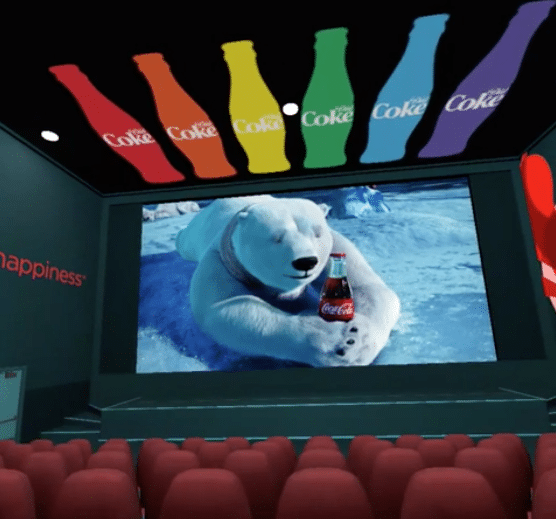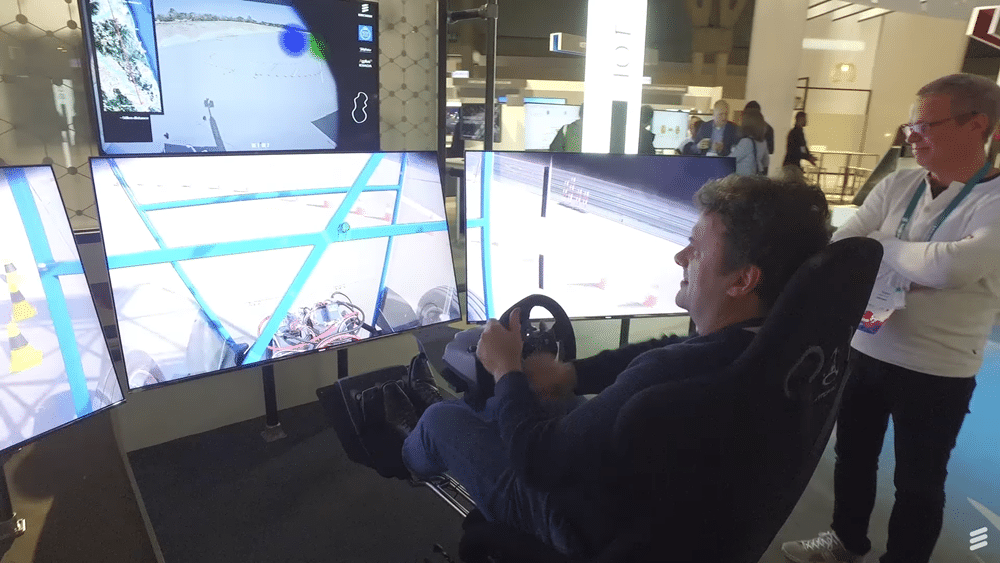3 Takeaways For Marketers From MWC 2017
Mobile World Congress used to be solely for smartphone unveilings and telco presentations, but over the years the trade show has grown into something much bigger.
This year was no exception, with talk of future tech, virtual reality, and connected devices filling the Barcelona streets all week. This switch in focus means the show is now even more unmissable for marketers – and video marketers in particular.
But in case you couldn’t make it over to sunny Spain this time, Unruly has rounded up the 3 hottest discussion topics so you won’t miss a thing!
1. VR is here to stay
Virtual Reality has been centre-stage at pretty much every tech conference for the past 4 years, and plenty of tech companies were keen to show their wares at MWC 2017.
Google had a heavy presence at the show, unsurprisingly, and its Daydream headset was on the floor (and in some trees) for everyone to try. Samsung was also championing mobile VR, as it unveiled plans for the latest version of its new Gear VR unit. The device seems similar and will work with the same range of smartphones as earlier versions, but this time comes with a motion-controller wand (similar to the Daydream View), which should make for an extra level of immersion.
Facebook’s Mark Zuckerberg also made a surprise appearance at Samsung’s VR conference, dropping the impressive stat that people have watched more than 1 million hours of content on Gear VR devices.
The other interesting VR announcement for marketers came from Adobe, who unveiled some experimental VR ad formats at the conference, including one which replicates the inside of a movie theatre and plays traditional 2D ads on a large virtual screen.
The final word on VR came from an unexpected source: Andreas Gall, CTO of Red Bull. Gall spoke on Tuesday about the importance of collaboration when creating VR content, saying: “When you’re doing such new things, we don’t look at it as if we have competition. We work with Google and Lufthansa, for example, and it’s not competition. We put together all our ideas and out of the learnings from both sides we can bring speed to the success.
“It’s an ‘open arms’ process and we’re inviting everyone to work with us.”

2. People are getting serious about 5G
Acting as a sort of opening salvo for the conference on Sunday, nearly two dozen companies vowed to reach a standard for 5G by 2019.
The companies involved included a combination of telco networks, chip providers and device makers – such as Qualcomm, Intel, AT&T, Sprint and T-Mobile parent company Deutsche Telekom – and are part of the 3GPP standard group.
5G could potentially be 100x faster than the 4G networks currently available, so this 2-year window is nothing to be sniffed at. This major increase doesn’t just mean you’ll be scrolling through cat videos on Facebook faster, though. It also opens the door for high-impact AR and VR experiences on mobile in a way that isn’t currently possible due to latency and the size of the assets involved.
5G was also the centre of attention elsewhere in the show, as Ericsson (yes – that Ericsson) showed off its autonomous-vehicle systems. Ericsson said that potential 5G networks would reduce latency, and consequently massively improve a vehicle’s ability to ‘slam the brakes’ and avoid an accident.

3. The Internet of things is bigger than you think
Connected devices and the internet of things (IoT) was a massive part of MWC this year – ranging from self-driving cars to voice assistants and everything in between.
Much of the buzz was driven by a statistic released by Cisco, the research analysts, which suggested that by 2020 there will be 50 billion IoT devices globally.
Rather than focusing on smart kettles and similar devices, though, MWC was full of talk about voice assistants and artificial intelligence (AI). Telco giant Telefonica launched its AI Aura, which users can interface with if they have queries about the network and its services, allowing users to control how much data and information is shared.
Amazon’s Alexa was everywhere, as you’d expect, and made waves when Motorola revealed its plans to integrate the system into their new devices.
“Later this year will see deep integration of Alexa on Motorola smartphones with Alexa wake-up words. There won’t be any keys to press, no screen to unlock — you will simply talk to Alexa when the device is around,” said Motorola’s Dan Dery, VP global product lead.
Google also made headlines with the announcement that its voice-activated Google Assistant, currently only on Google’s Pixel phones, will be available on nearly every Android 6.0 and later phones as soon as this week.
